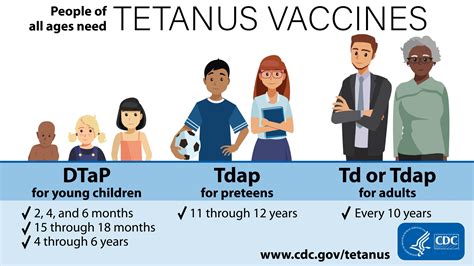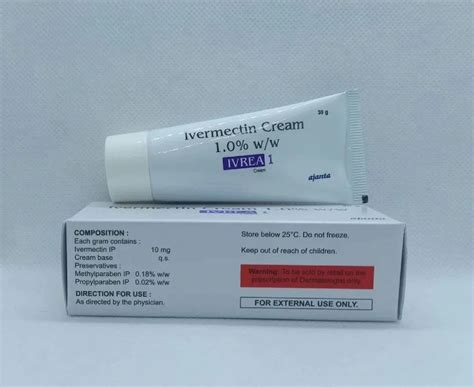Isosorbide Mononitrate Er: Relieves Angina Symptoms

Angina pectoris, commonly referred to as angina, is a condition characterized by chest pain or discomfort due to transient myocardial ischemia. It is a symptom of coronary artery disease, which occurs when the heart muscle (myocardium) does not receive as much blood and oxygen as it needs. This condition is caused by a reduction in blood flow to the heart, often due to narrowed or blocked coronary arteries. Isosorbide mononitrate extended-release (ER) is a medication used to prevent angina attacks, rather than treating an attack once it occurs.
Understanding Isosorbide Mononitrate ER
Isosorbide mononitrate ER belongs to a class of drugs known as nitrates. Nitrates work by relaxing and widening blood vessels, which improves blood flow to the heart, reducing the amount of blood returning to the heart, and increasing oxygenation of the heart muscle. This mechanism of action helps to reduce the workload on the heart and decrease the frequency and severity of angina attacks.
Isosorbide mononitrate ER is specifically designed for extended-release, meaning it releases the active ingredient slowly over time, providing a longer-lasting effect. This formulation allows for once-daily dosing, making it more convenient for patients and potentially improving adherence to the prescribed treatment regimen. The extended-release mechanism helps maintain a steady level of the medication in the bloodstream, ensuring consistent protection against angina symptoms throughout the day.
How Isosorbide Mononitrate ER Works
The therapeutic effect of isosorbide mononitrate ER is attributed to its ability to release nitric oxide, a potent vasodilator. Nitric oxide causes the smooth muscle of the blood vessels to relax, leading to vasodilation. This effect is particularly beneficial in the venous system, where it reduces preload (the initial stretching of the cardiac myocytes prior to contraction), and to a lesser extent in the arterial system, where it reduces afterload (the resistance against which the heart must work to eject blood during systole).
By reducing both preload and afterload, isosorbide mononitrate ER decreases the workload on the heart, reducing myocardial oxygen demand. This reduction in oxygen demand is crucial in managing angina, as it helps to prevent the imbalance between oxygen supply and demand that leads to ischemic chest pain.
Benefits of Isosorbide Mononitrate ER
Improved Quality of Life: By reducing the frequency and severity of angina attacks, isosorbide mononitrate ER can significantly improve a patient’s quality of life. Patients can engage in daily activities with more confidence, knowing they are less likely to experience debilitating chest pain.
Convenience: The once-daily dosing regimen of isosorbide mononitrate ER enhances patient compliance. Simplifying the treatment regimen can lead to better long-term management of angina.
Reduced Risk of Ischemic Events: While primarily used for symptomatic relief, the reduction in myocardial oxygen demand achieved by isosorbide mononitrate ER may also contribute to a decrease in the risk of ischemic events, such as myocardial infarction, although this is more directly addressed by other classes of medications.
Side Effects and Precautions
Like all medications, isosorbide mononitrate ER can cause side effects. The most common side effects include headache, dizziness, and lightheadedness, which are often transient and may diminish over time. These effects are largely due to the vasodilatory action of the drug. More severe but less common side effects can include hypotension, particularly upon standing, and reflex tachycardia. It is essential for patients to stand up slowly from a sitting or lying position to minimize the risk of orthostatic hypotension.
Isosorbide mononitrate ER is contraindicated in patients who have hypersensitivity to nitrates, and it should be used with caution in patients with certain medical conditions, such as severe anemia, closed-angle glaucoma, or recent head trauma. Additionally, patients taking phosphodiesterase inhibitors (e.g., sildenafil) for erectile dysfunction should not use nitrates due to the risk of severe hypotension.
Interactions and Contraindications
Isosorbide mononitrate ER can interact with various medications, affecting its efficacy or increasing the risk of side effects. For example, concurrent use with riociguat, a stimulator of guanylate cyclase, can lead to hypotension. Patients should inform their healthcare provider about all medications they are taking, including over-the-counter drugs and supplements, before starting isosorbide mononitrate ER.
Conclusion
Isosorbide mononitrate ER is a valuable treatment option for patients suffering from angina pectoris. By preventing angina attacks through its vasodilatory effects, it can significantly improve the quality of life for those affected by this condition. As with any medication, it is crucial to follow the prescribed dosage regimen, be aware of potential side effects, and understand the importance of adhering to the treatment plan to maximize therapeutic benefits while minimizing risks.
FAQ Section
What is the primary benefit of using isosorbide mononitrate ER for angina?
+The primary benefit of isosorbide mononitrate ER is its ability to prevent angina attacks by reducing the workload on the heart and improving blood flow, thus decreasing the frequency and severity of chest pain episodes.
Can isosorbide mononitrate ER be used to treat an acute angina attack?
+No, isosorbide mononitrate ER is designed for the long-term management and prevention of angina attacks, not for the immediate relief of an acute attack. Other forms of nitrates, such as sublingual nitroglycerin, are typically used for acute relief.
What are common side effects of isosorbide mononitrate ER?
+Common side effects include headache, dizziness, and lightheadedness, primarily due to vasodilation. These effects are usually mild and may decrease over time as the body adjusts to the medication.
Can patients taking phosphodiesterase inhibitors use isosorbide mononitrate ER?
+No, patients taking phosphodiesterase inhibitors (e.g., sildenafil, tadalafil) for erectile dysfunction should not use nitrates, including isosorbide mononitrate ER, due to the risk of severe hypotension.
How does isosorbide mononitrate ER improve quality of life for patients with angina?
+By reducing the frequency and severity of angina attacks, isosorbide mononitrate ER allows patients to engage in daily activities and exercise with more confidence, reducing the fear of chest pain and improving overall well-being and quality of life.



